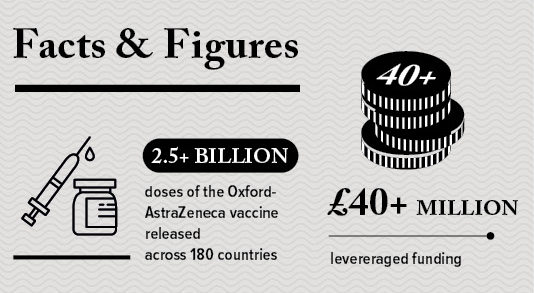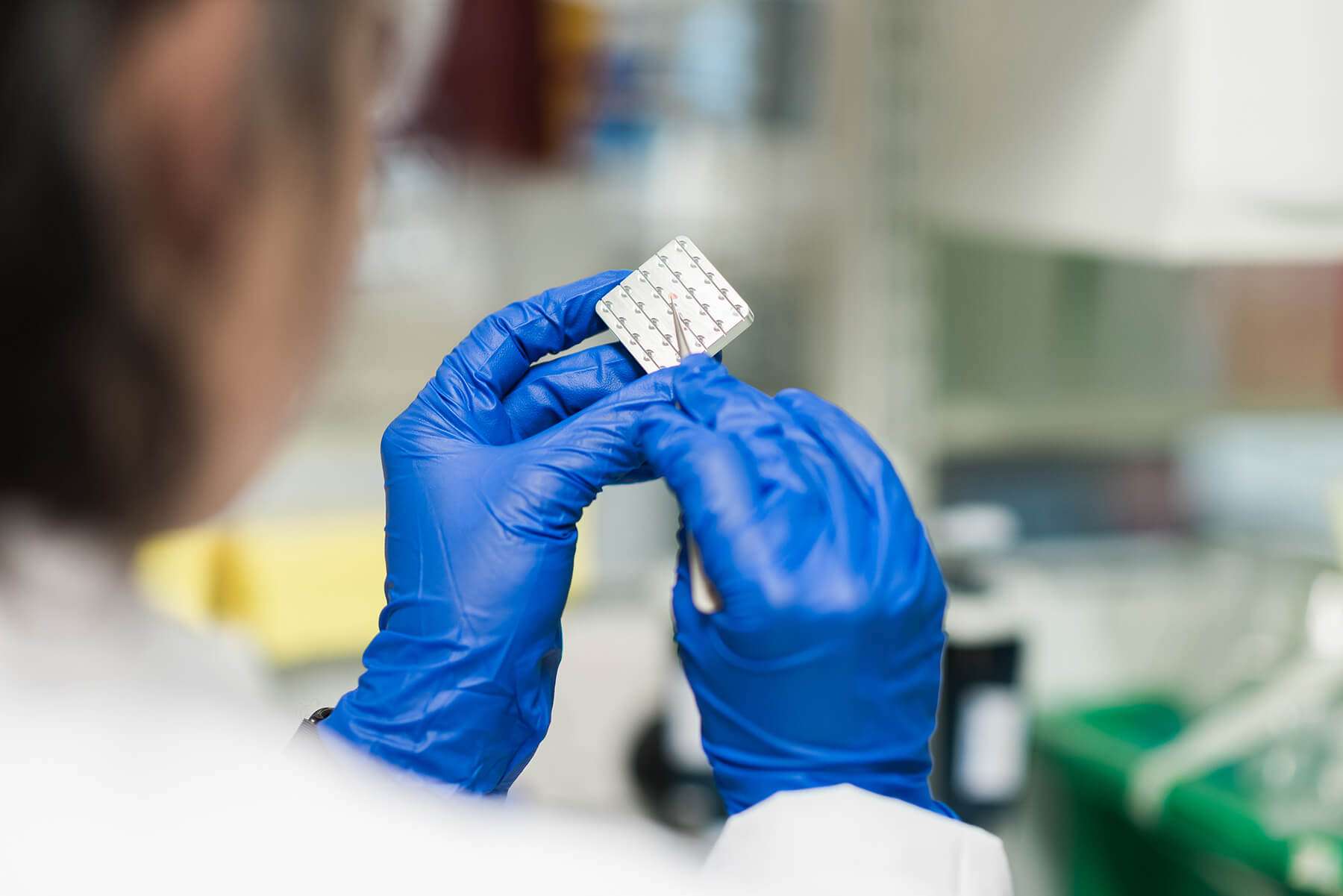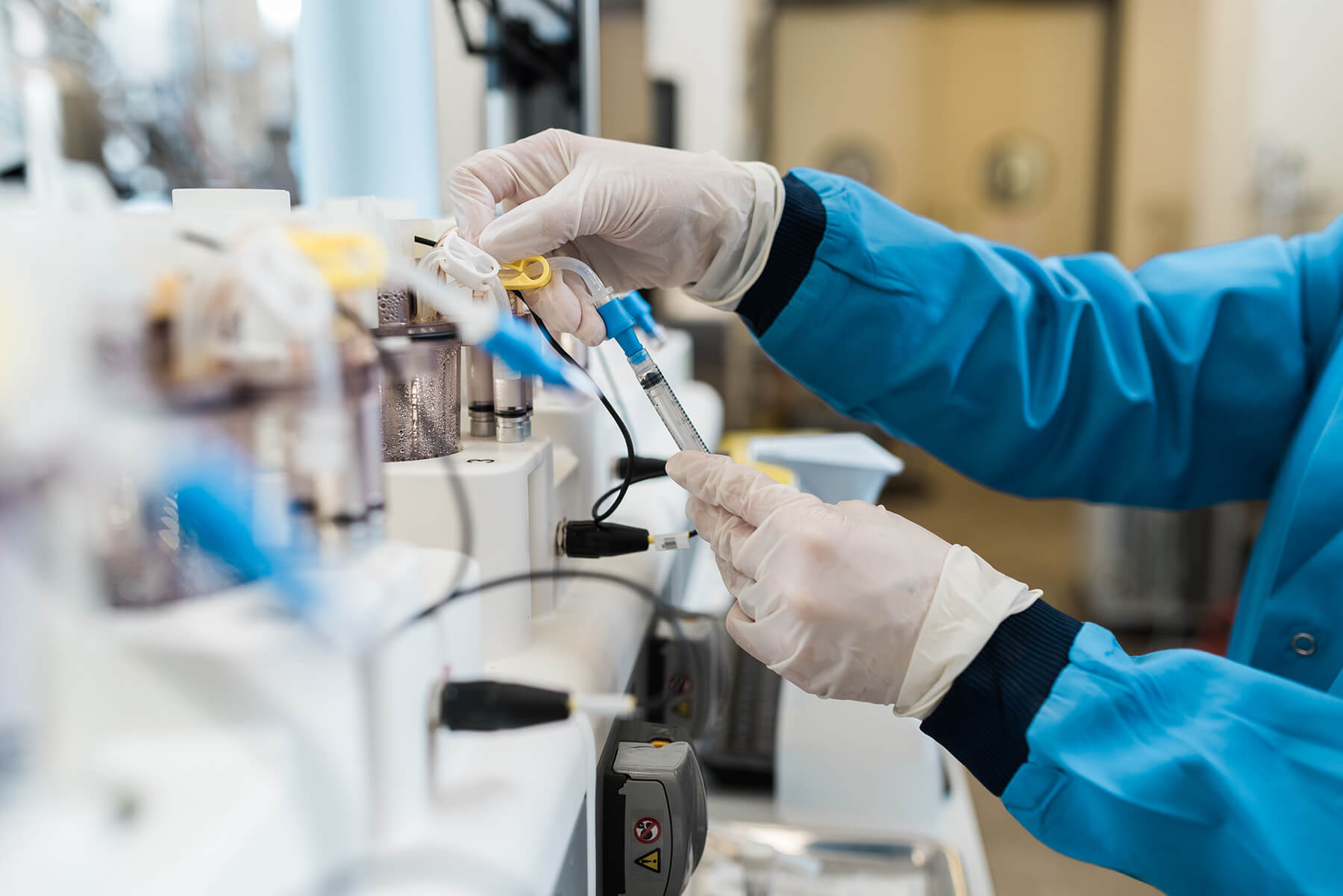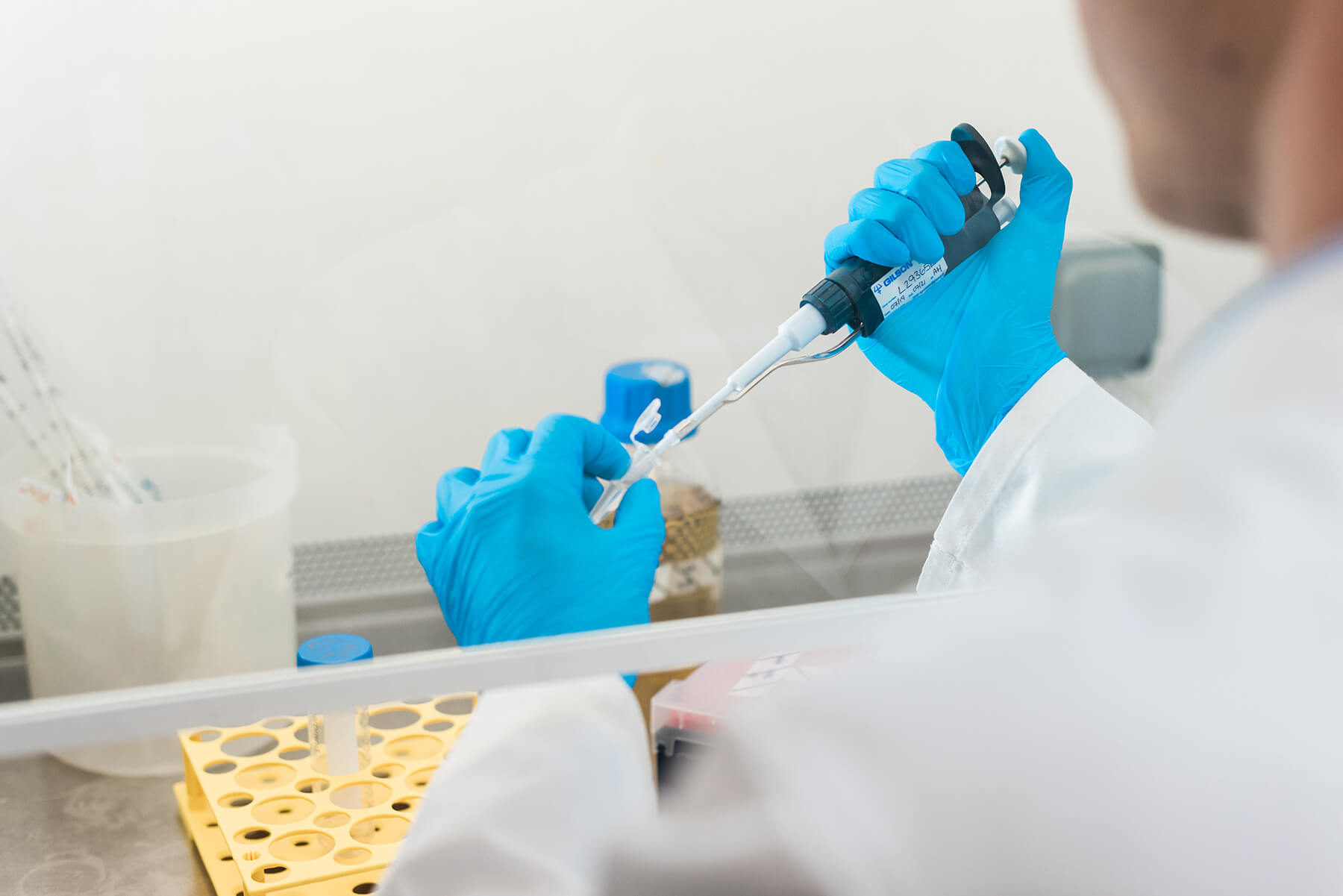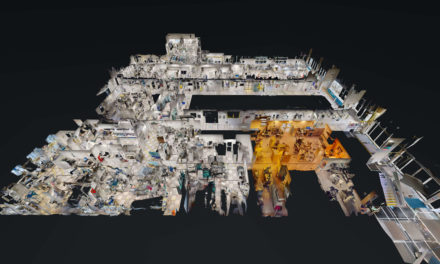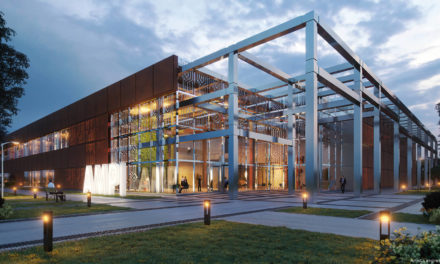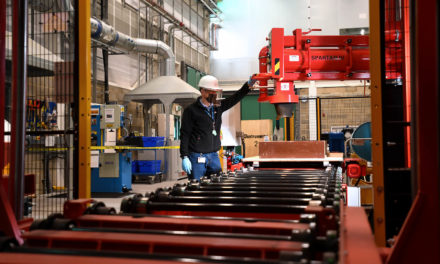Vaccine Manufacturing – Putting the UK at the Heart of Next-Gen Vaccine Supply
Future Vaccine Manufacturing Research Hub (Vax-Hub)
Research conducted at the Vax-Hub is helping improve vaccine design and manufacturing by exploring key stages of product development from lab to commercial scale.
Martina Micheletti Professor of Bioprocess Fluid Dynamics at University College London and Vax-Hub Co-Director
Above and right: Vax-Hub is developing ways to improve vaccine design and manufacture as well as shortening time-to-market
Vaccines are essential medical interventions that save millions of lives every year globally. Nonetheless, inadequate access to immunisation in low-resource settings still results in millions of vaccine-preventable deaths, especially among children below five years of age.
Continued innovation is therefore imperative to overcome persistent challenges in supplying vaccines where these are most needed, improving global protection against deadly infectious diseases while ensuring preparedness against future outbreaks from new and emerging resistant pathogens.
The need to increase vaccine accessibility and local manufacturing has been emphasised during the Covid pandemic, whereby insufficient production capacity for and distribution to low- and middle-income countries (LMICs) still represents a major global challenge.
The Future Vaccine Manufacturing Research Hub (Vax-Hub) is an academic collaboration led by UCL Biochemical Engineering and The Jenner Institute of Oxford formed in April 2018.
Co-directed by Professor Martina Micheletti (UCL) and Professor Dame Sarah Gilbert (Oxford), Vax-Hub comprises experts in vaccinology, synthetic biology, biochemical, materials and system engineering from
leading national institutions, with spokes including Imperial College London, The London School of Hygiene & Tropical Medicine (LSHTM) and Leeds University. The Hub currently has 19 industry partners including large biopharma, SMEs, technology providers and global health organisations.
With the vision to make the UK the global centre for integrated discovery through to bioprocess manufacture of breakthrough vaccines, Vax-Hub aims to improve vaccine design and manufacturing by exploring key stages of product development from lab to commercial scale.
The group focuses on three major vaccine technologies: glycoconjugates, virus-like particles (VLPs), and viral vectors targeting diseases such as pneumonia, dengue, polio, hepatitis B and malaria.
In 2020, the Hub supported the rapid development and manufacture of the
ChAdOx1 vectored vaccine against SARS-CoV-2 by working with scientists at The Jenner Institute to provide insights into responsive technologies and accelerated quality control methods.
Major goals of Vax-Hub include accelerating vaccine time-to-market, reducing risks in development and scaling-up, improving formulation and delivery routes and minimising production costs in favour of LMICs.
These goals support Vax-Hub’s ultimate aim to reduce health inequalities by delivering innovation for the next generation of vaccines that are accessible to all. A key tool to achieve this is the Hub’s research and feasibility studies conducted in collaboration with key partners in LMICs to build knowledge and innovation capacity in these regions.
Learn more at www.ucl.ac.uk/biochemical-engineering/research/research-and-training-centres/vax-hub
Success Stories
1. In 2020, Vax-Hub awarded funds to support seven feasibility studies across industry and academia. These covered key areas of vaccine development and production: formulation, quality control approaches, and scaling-up. Notably, the Covid Vaccine Formulation project, conducted as a UCL-Oxford collaboration, directly contributed to designing the ChAdOx1 Oxford-AstraZeneca SARS-CoV-2 vaccine.
2. In October 2021, the UK Vaccine Network Hubs, namely the UCL-Oxford Vax-Hub and the Imperial College Future Vaccine Manufacturing Research (FVMR) Hub, won the Team category award at the Institute of Chemical Engineers (IChemE) Global Awards 2021. This great achievement indicated the value behind cross-institutional collaboration in the vaccine space.
3. In March 2022, Vax-Hub was awarded £2m by the Department of Health and Social Care to continue its research until March 2023. This will enable the Hub to carry on working to improve vaccine manufacturing globally, with a special focus on GMP readiness, platform manufacturing, analytics, and formulation.

